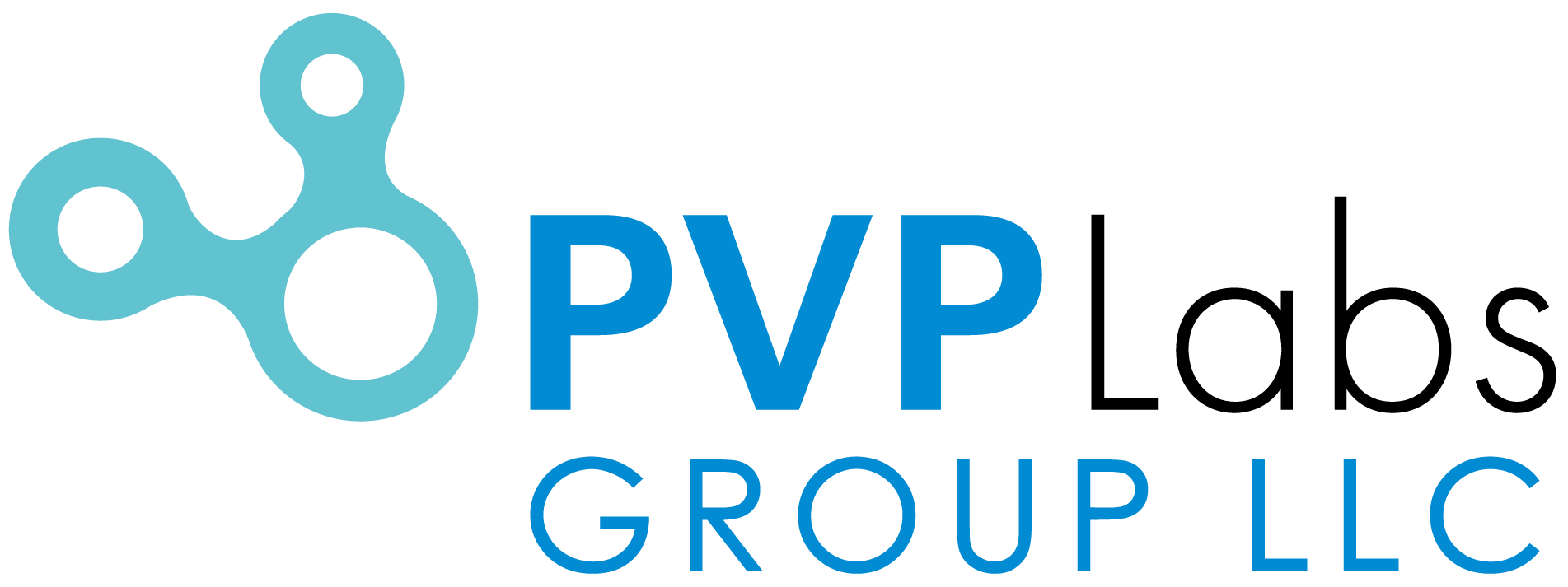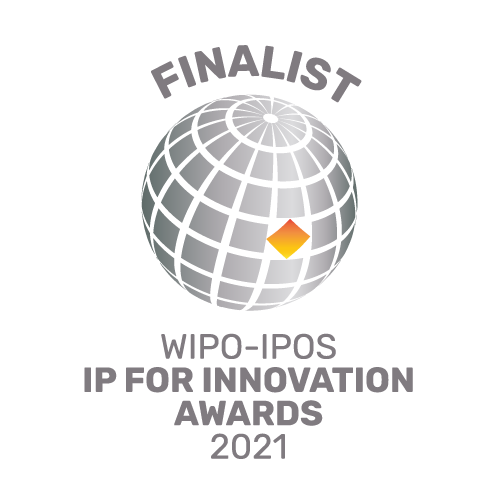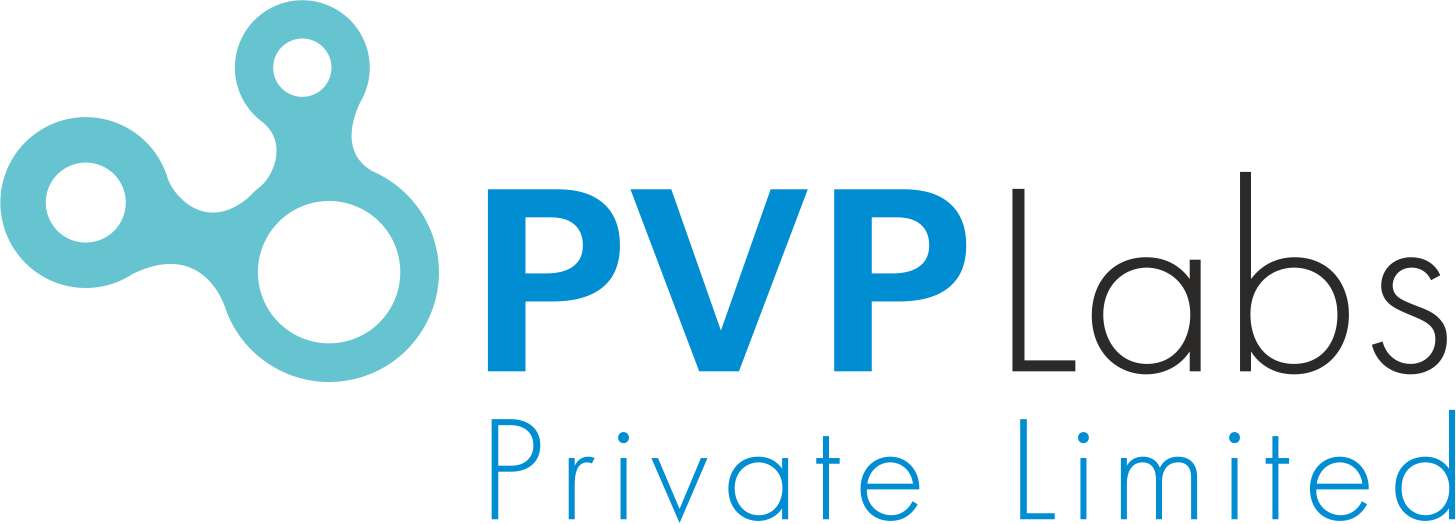- The problem and relevance of our drug development
The outbreak of viral infectious diseases has constantly accompanied humanity. Acute respiratory viral infections (ARVI) are currently the most common type of infectious diseases. According to WHO, there are approximately 300 respiratory viral pathogens, and the viral threat continues to grow.
The emergence of new SARS-CoV-2 and recurring infections of influenza A and B viruses, seasonal coronaviruses, bocaviruses, metapneumoviruses, rhinovirus infections, including the high rate of co-infections, are global healthcare priorities.
Until now, no universal antiviral agent was able to protect against most respiratory pathogens that are responsible for the occurrence of influenza and ARVI.
Given the urgency of the problem, in 2016, PVP Labs began searching for a peptide that could affect not only specific proteins and key structures of a virus but would also be able to wholly regulate the cellular and humoral immune mechanisms of antiviral defense and be able to specifically effect local immunity in the places where the respiratory disease pathogens enter the organism. It’s well known that, regardless of the type and strain of the pathogen, the entry point for infection occurs in the mucous membranes of the upper respiratory tract, and the most intense growth of viruses occurs in the epithelial cells.
In our search for a solution PVP Labs identified a highly active hexapeptide drug. A long period of intensive research yielded a safe, effective, broad-spectrum antiviral drug called ARVIDAL
2. Arvidal History, development, and mechanism of action
Realizing the need for a safe and highly efficient antiviral drug, PVP Labs spent several years screening different compounds for their antiviral activity. Their attention was focused on a hexapeptide drug is a [D-Ala2, Leu5]-enkephalyl-Arg. The hexapeptide and its metabolites are potent and selective agonists of μ-opioid receptors. Recent studies have shown that the opioid receptor system has a much wider field of effects than just the ability to relieve pain. It turned out that individual physiologically adequate molecules can activate local immunity through the system of cellular receptors. The peptide nature of the developed drug provides an optimal physiological effect close to one that is natural. In the process of peptide degradation, a pentapeptide with a noticeable affinity for δ-receptors is formed. The next metabolite, tetrapeptide, has some affinity for μ-receptors. This group of receptors is found on the peripheral nerve pathways, affecting the signals transduction along the nerve pathways, in particular, to the cough center. During ARVIDAL inhalation, there is primarily a local interaction of short-lived peptide metabolites and peripheral opioid receptors, which manifests itself in a decrease in the cells’ excitability and the intensity of transmitted excitation to the cough center. The result is a decrease of cough intensity for a period of 2-4 hours while a certain concentration of ARVIDAL is maintained in the mucous tissues of the lung. This effect does not apply to the respiratory center. Indeed, during clinical testing, the patients noted a significant breathing relief and a decrease of cough intensity (usually dry cough) or even its disappearance. This, in turn, it reduces irritation of the respiratory tract, reduces “coughing out” of the drug administered by inhalation into the lungs and improves the quality of patients’ life.
The studies of the hexapeptide antiviral activity that were performed in vitro and in vivo in animal models of viral infections, such as, for example influenza and adenoviral respiratory infections, showed surprising and promising results.
Besides direct antiviral efficacy of the hexapeptide, our researchers were impressed by its ability to suppress hypersecretion of pro-inflammatory cytokines (such as IL-1, IL-6 and TNF-α), thus reducing intoxication and controlling other manifestations of the inflammatory cascade, which later turned out to be especially important for treatment of COVID-19 patients. Many who die from COVID-19 suffer hyper-inflammation with features of cytokine storm and associated acute respiratory distress syndrome.
In addition to suppression of excessive secretion of pro-inflammatory cytokines, the hexapeptide is capable of stimulating phagocytosis of neutrophils and macrophages and production of endogenous interferons during the early stages of the infection. Such a prompt recruitment of these essential immune cells and antiviral proteins is very important for the protection of upper (“the entry point for the infection”) and lower respiratory tract and for the prevention of severe complications. Progressive pneumonia and acute respiratory distress syndrome could complicate the development not only of COVID-19, but also influenza diseases. Therefore, the administration of a protective antiviral and immunotropic drug is required during the earliest possible stages of the infection.
As a result of our research a safe, effective, broad-spectrum antiviral drug, called ARVIDAL, has been developed.
After a number of successful preclinical studies of the drug in animals (11 different studies were carried out), the drug ARVIDAL was patented in China, Japan, the European Union, the Eurasian Commonwealth, and Nigeria. Patent applications for the national phase have been filed in the USA, Canada, Singapore, India, Indonesia, Vietnam, Korea, ARIPO countries. Trademark application are filed in 46 countries.
PVP Labs Pte. Ltd was one of the finalists of the Singapore WIPO-IPOS IP for Innovation AWARDS 2021.
- The uniqueness of the drug ARVIDAL
The drug possesses a unique mechanism of action: it has both a direct antiviral effect and a pronounced ability to regulate the factors of local and systemic immunological defense when the drug is administered as a spray through the nose and mouth, or inhaled using a nebulizer.
Induction and enhancement of the local immune response at the sites of application of ARVIDAL solution (“the entry point for the infection” – nasopharynx) results, on the one hand, in an increase of the local immunity, and on the other hand, in a decrease of excessive cytokine activity and reduction of the so-called “Cytokine storm”. An optimal immune response is especially important in throat and lung tissues.
ARVIDAL shows both local and systemic effect of increasing the tension of the immune system, in particular innate immunity and, as a consequence, stimulating the protective mechanisms of adaptive immunity. It regulates the activity of the phagocytic component of innate immunity (macrophages and neutrophils), as well as the activity of lymphocytes – natural killers. ARVIDAL stimulates the production of endogenous interferons.
ARVIDAL can suppress hypersecretion of pro-inflammatory cytokines (such as IL-1, IL-6 and TNF-α), thus reducing intoxication and controlling other manifestations of the inflammatory cascade.
ARVIDAL may be administered to prevent ARVI in healthy people, especially those at risk. In order to create a “barrier” that prevents the penetration of infection into the throat, trachea and bronchi, the nasopharynx should be regularly irrigated with ARVIDAL solution by application of an easy-to-use spray. The ARVIDAL’s safety, ease of administration in spray form and high efficiency will allow it to be widely used for the prevention and treatment of various forms of viral infections.
ARVIDAL’s administration as a spray into the nose and mouth, and in inhalation form for protection against viral infections, and during the early stages of infection, will significantly reduce the number of infected patients, and will help to avoid various forms of complications.
ARVIDAL is a unique remedy for the safe enhancement of local immunity, which is necessary for everyone during epidemics and pandemics. Protection of the mucosa is especially important for people of 60 years of age and older, when atrophic processes begin in the mucous membranes of the organism, including the nasopharynx and throat. As a result of these processes blood circulation in the mucous membranes slows down, the epithelium becomes thinner and the number of microvilli covering it decreases.
4. Status of Arvidal
Received authorization to conduct phase 3 Clinical Trials.
The drug will be available in several forms: an antiviral nasal spray for irrigation of the mouth and nose, and a solution for inhalation, administered through, for example, nebulizers.
PVP Labs Pte. Ltd has a full production cycle for ARVIDAL, beginning with synthesis of the pharmaceutical substance, through to the release of the final dosage form, with strict quality control of the entire production cycle.



